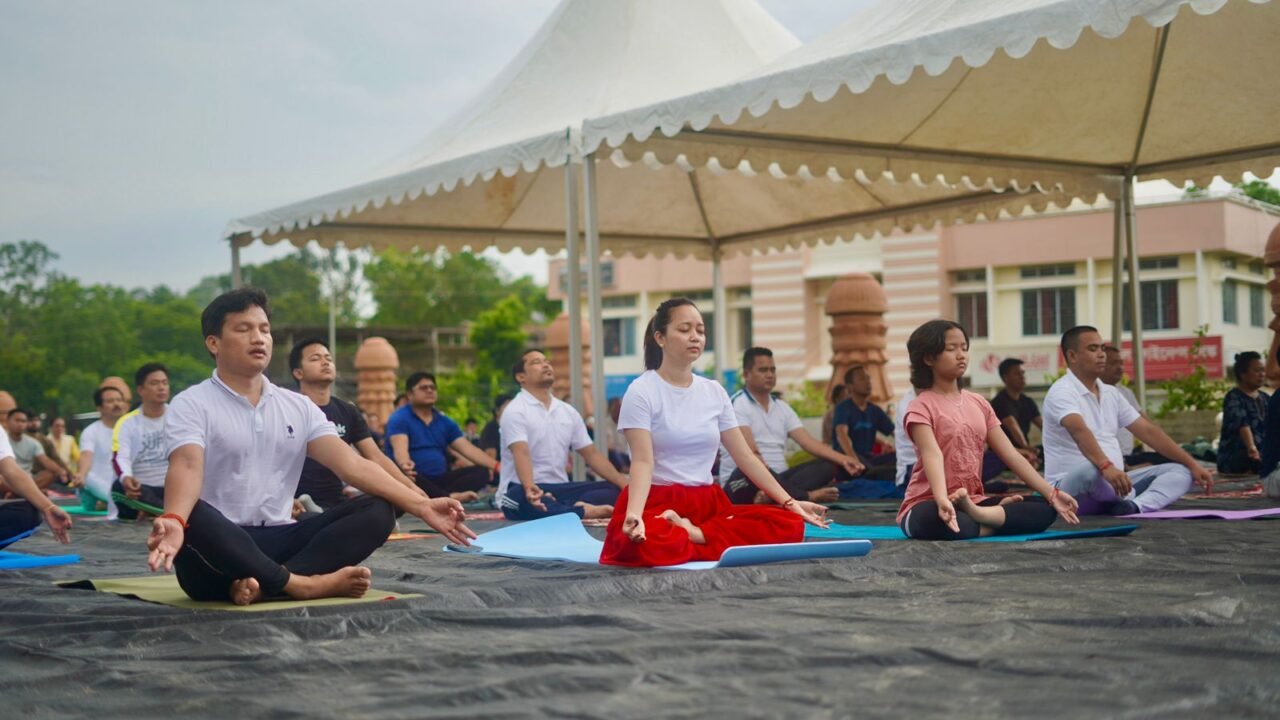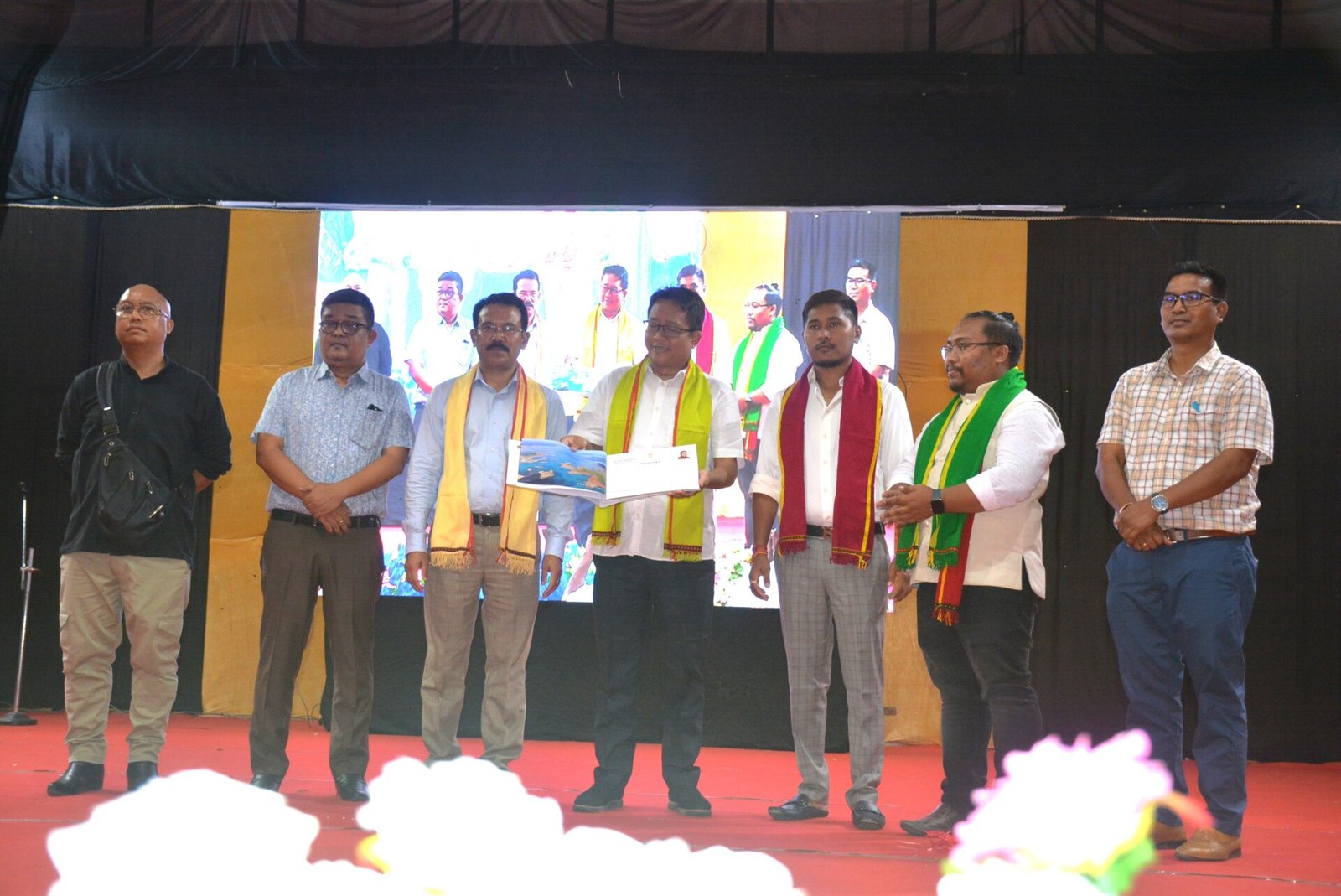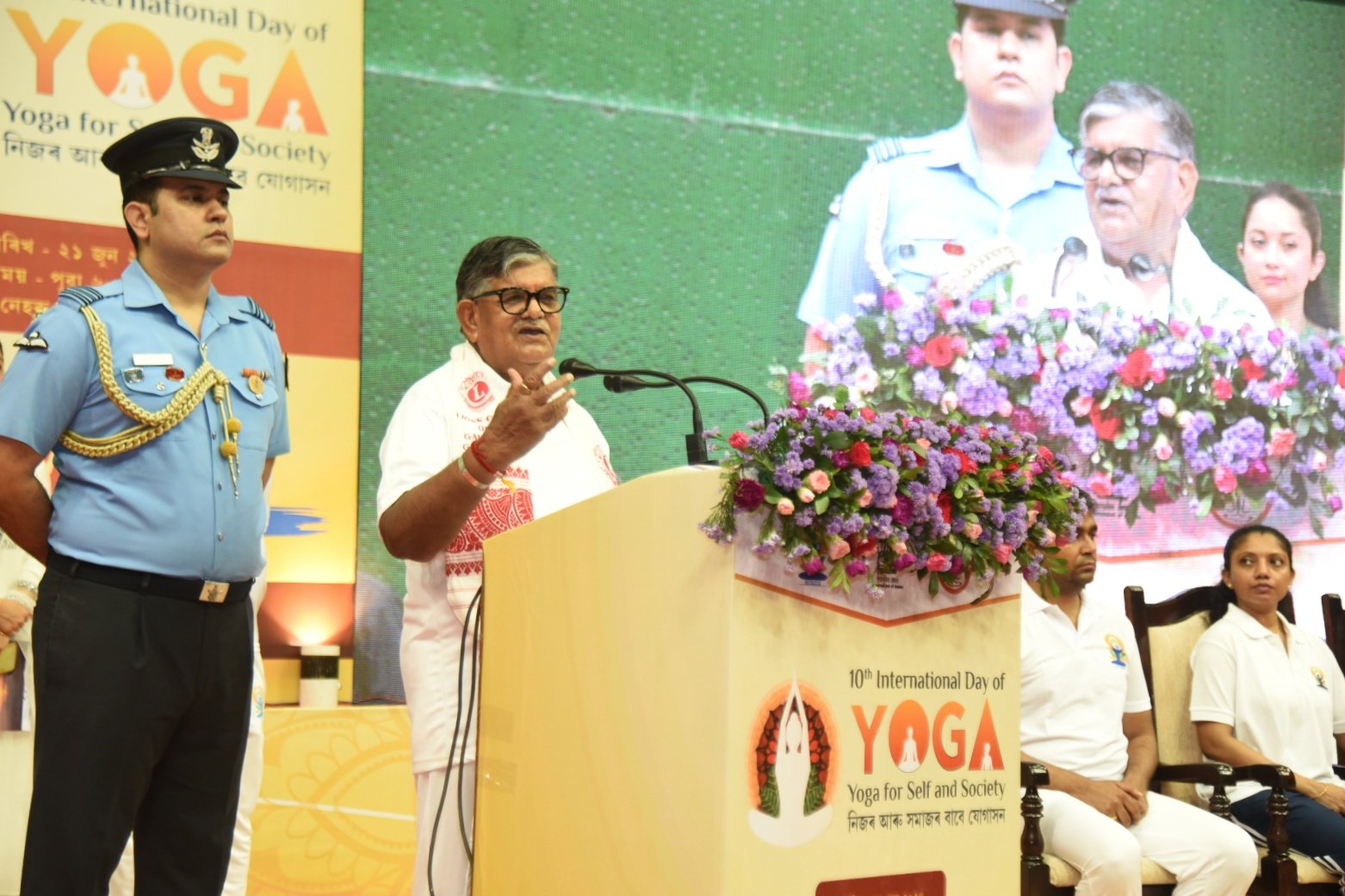HT Bureau
GUWAHATI, Sept 29: A workshop on legal orientation and wildlife forensics was held in Haflong, to educate forest officials on the significance of wildlife crime investigation through biological evidence and DNA technology, as well as the systematic preparation of documents for such investigations. The workshop, organised by the Dima Hasao Forest department in collaboration with Aaranyak, took place at the Agricultural Guesthouse Auditorium in Haflong.
The workshop was attended by forest officials, including rangers, deputy rangers, and foresters from 12 ranges in the east and west divisions of the Dima Forest department of the North Cachar Autonomous District Council of the state. Dr M Firoz Ahmed, a senior scientist at Aaranyak, coordinated the event.
During a session on ‘Legal provisions to check wildlife crime’, Ajoy Kumar Das, senior law consultant of Aaranyak and a practicing advocate of Gauhati High Court, discussed recent amendments to the Wildlife (Protection) Act of 1972. He explained that the species in the new four schedules appended to the legislation have been categorised. He also highlighted various aspects of the Wildlife (Protection) (Assam Amendment) Act, 2009.
Udayan Borthakur, a senior scientist at Aaranyak, spoke about ‘Wildlife forensic using DNA technology’. He highlighted the importance of wildlife crime investigation through biological evidence and using DNA technology to establish a case in a court of law. Borthakur explained various DNA-based tools that can assist in wildlife crime investigations. He also handed over a forensic DNA sampling kit developed by the Wildlife Genetics Laboratory of Aaranyak to the Dima Hasao Forest department.
Advocate Ajoy Kumar Das addressed the topic of ‘Preparation of Documents in Wildlife Crime Investigation’ and explained the legal steps involved in wildlife crime investigations. He highlighted the importance of scientific evidence in court convictions and provided samples of seizure lists, forwarding reports, case diaries, arrest memos, inspection memos, and more. He stressed the use of a complaint petition instead of a charge-sheet in wildlife crime cases and provided guidance on preparing a complaint petition.
Tuhin Langthasa, DFO of West Division Dima Hasao, inaugurated the workshop and highlighted the need for a thorough understanding of legal provisions and investigative procedures. He shared challenges faced by the Dima Hasao Forest department in tackling wildlife crime and the successful resolution of those challenges.
The workshop ended with a vote of thanks offered by Dipankar Lahkar, a senior official at Aaranyak, with significant contributions from Nitul Kalita, a project officer at Aaranyak, to make the program a success.







